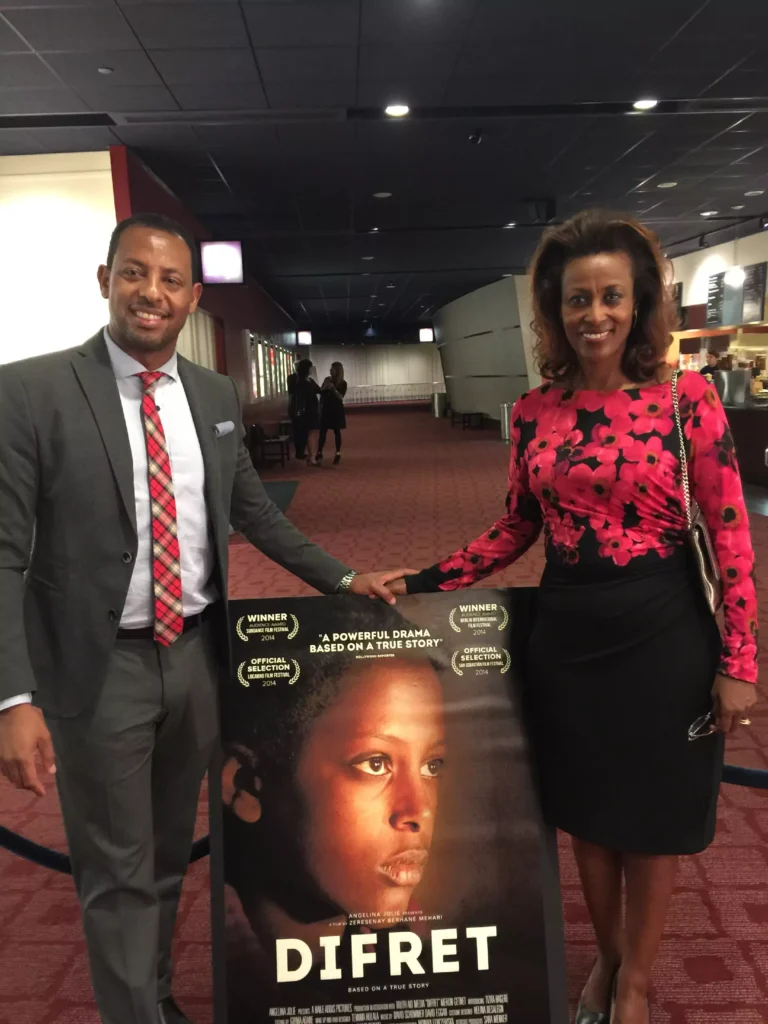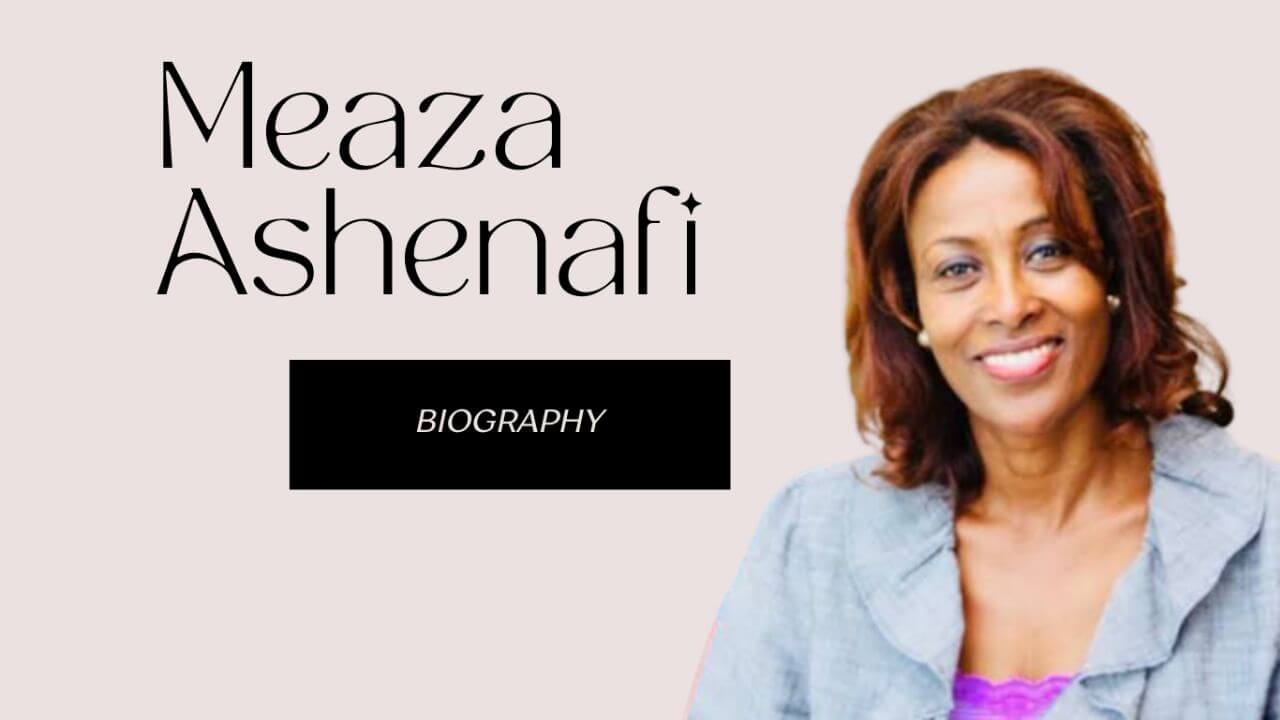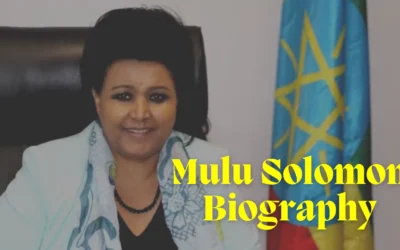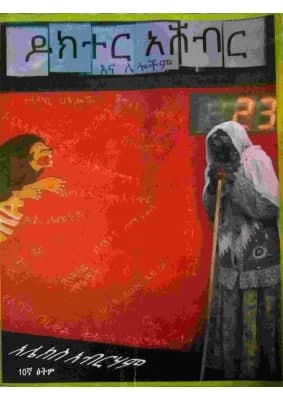Meaza Ashenafi is a prominent Ethiopian lawyer and human rights activist who has worked as an advocate for gender justice and the advancement of women’s rights in Ethiopia and around the world. She was appointed as the first female chief justice of the Supreme Court of Ethiopia by Prime Minister Abiy Ahmed in 2019, making her a pioneering leader for gender equality in Africa. During her role as chief justice, Meaza has been committed to enforcing the rule of law, protecting basic human rights, and strengthening the independence of the judiciary. Moreover, Meaza has been instrumental in increasing awareness and pushing for legal reforms to promote gender equality in Ethiopia. Furthermore, Meaza is credited for the establishment of the Ethiopian Women Lawyers’ Association and Enat Bank.
Childhood and Early Life

Meaza Ashenafi was born on July 25, 1964, in Asosa, Ethiopia. At the time, her father, Ashenafi Mengistu, was the mayor of Asosa. On the other hand, her mother, Askalech Tegegne, was a housewife who devoted her time and energy to raising her children. Meaza spent her childhood and teenage years in the town of Asosa, attending primary school and secondary school. Meaza grew up with her eight siblings. Though her mother was illiterate and had limited access to resources, she worked hard to ensure her children received a good education. As a result, Meaza developed an appreciation for education early in life. She had been encouraged by her mother to pursue learning and knowledge. Meaza looks up to her mother as an inspiration, and her mother’s example has had a significant impact on Meaza’s desire to study law.
Family of Meaza Ashenafi

Meaza Ashenafi is married to Dr. Araya Asfaw, Professor of Physics at Addis Ababa University. Together, the couple is the mother of two daughters.
Education
After completing her secondary school, Meaza attended Addis Ababa University, graduating with a degree in Law in 1994. Furthermore, in 2005, Meaza was awarded a UNESCO scholarship for post-graduate studies in the United States, where she studied International Relations at the University of Connecticut.
Related Articles
- Biography of Abiy Ahmed | Early Life, Personal Life, Political Life, Awards & FAQs
- Biography of Dr. Tewolde Gebremariam | Career and Achievement
- Biography of Dr. Lia Tadesse | Chilhood, Family, & Career
Career of Meaza Ashenafi

Meaza started her job as a judge’s assistant after being accepted into a program for recent graduates that sought to fill the judge shortage by selecting capable young professionals. Starting in 1989, Meaza had served as a judge of the Federal Supreme Court of Ethiopia for about three years. She later received a legal adviser appointment from the Human Rights Committee of the Ethiopian Constitution Drafting Commission in 1993. Meaza, along with other Ethiopian female lawyers, founded the Ethiopian Women Lawyers Association (EWLA) two years later. She served as the association’s executive director for eight years. There, she pushed to strengthen the role of Ethiopian women in society while simultaneously advocating for equal rights and a fairer justice system. Meaza then took over as Inter-Africa Group’s acting director after the association. In 2011,
In 2011, Meaza was appointed an advisor to the United Nations Economic Commission for Africa’s Gender and Social Policy Development Department (UNECA). Working there for about six years, she had a profound impact on the region’s gender-based policies. More importantly, Meaza helped the UNECA establish the first women’s bank in Ethiopia, Enat Bank. Meaza served the bank as the chair of the Board of Directors up until 2018.

In 2018, Meaza was then appointed President of the Federal Supreme Court, becoming the first female to assume such a role in Ethiopia. She served in this capacity for four years until her resignation in 2023. Upon her resignation, she was commended for her efforts in reforming the court system and ensuring justice was upheld.
Awards
In recent years, Meaza was fortunate enough to receive international recognition and awards for her advocacy. In 2003, Meaza became a Hunger Project African Leadership Prize laureate. Her achievements have been lauded around the world, and she was nominated for the Nobel Peace Prize in 2015.
Moreover, a popular film titled “Difret” was made in 2014 to promote Meaza’s most famous case. This famous court case led to the banishment of the Ethiopian custom of kidnapping girls and forcing them into wedlock. The film was executive produced by Angelina Jolie. Furthermore it had won the World Cinematic Dramatic Audience Award at the 2014 Sundance Film Festival.

Certainly it won’t be too long before many more accolades come calling in due recognition for services rendered!
Related Articles








0 Comments